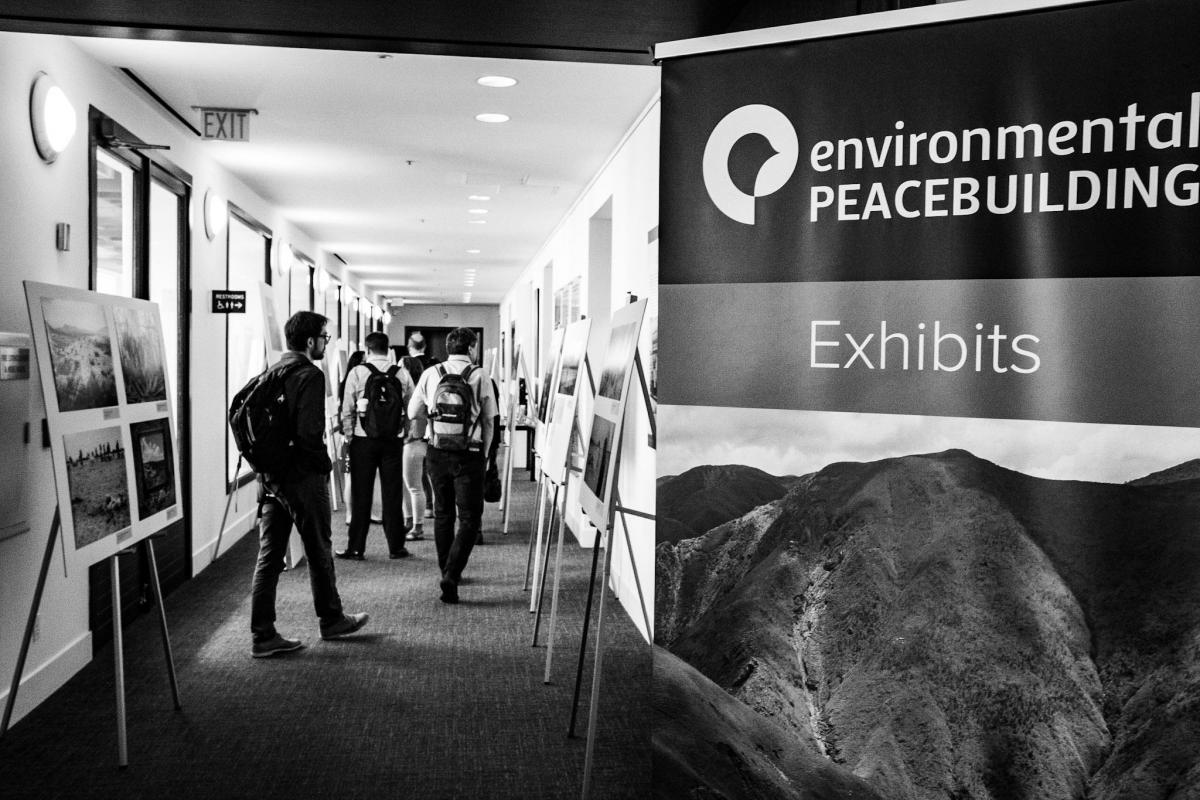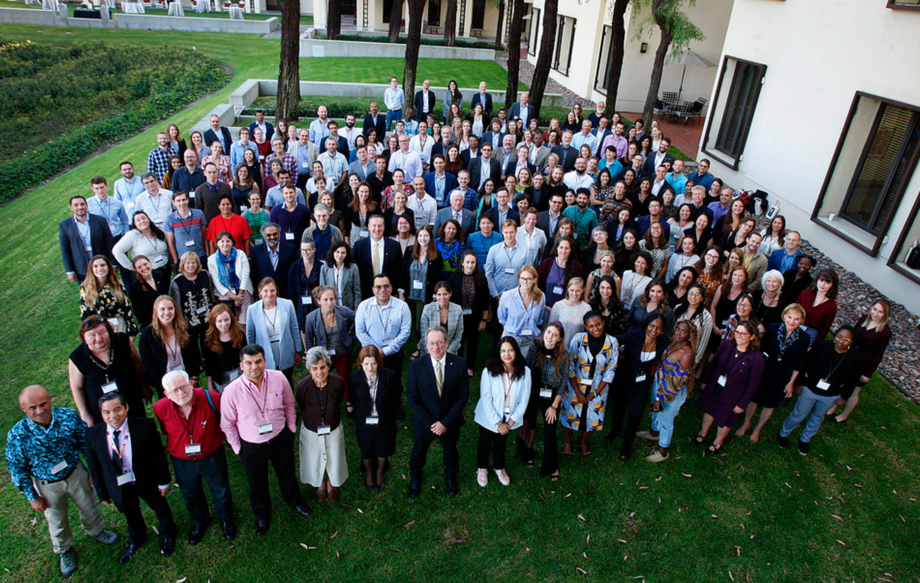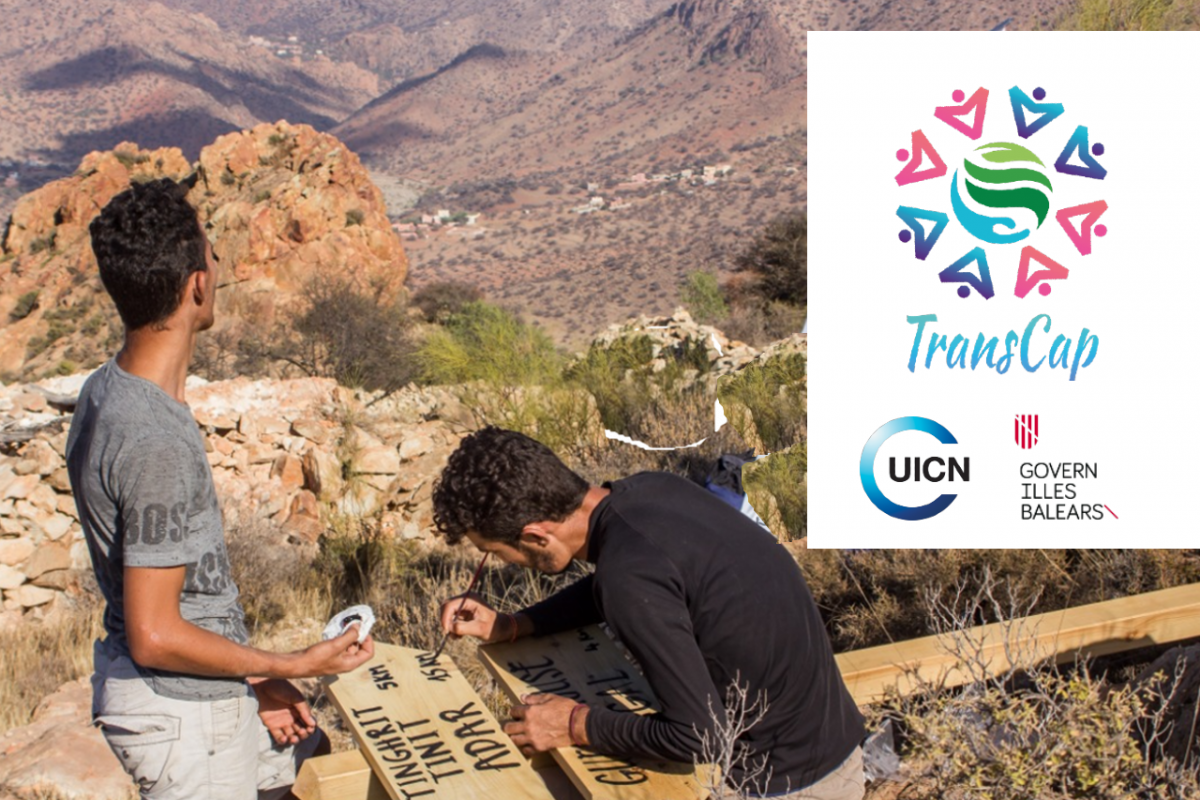Peace, Migration, and Environmental Change
CEESP News: by Galeo Saintz and Elaine Hsaio, Chairs of the CEESP Theme on Environment & Peace.
Migration of humans and other species is widely predicted to increase in large numbers due to environmental change (e.g., climate change and environmental degradation) and violent conflict. Both can accelerate and exacerbate migration with direct and indirect impacts for conservation.
UNCCD predicts 135 million people may be displaced by drought by 2045 (UNCCD 2019). The World Bank estimates climate-induced internal migration could reach 143 million in Sub-Saharan Africa, Latin America and South Asia alone (Rigaud et al. 2018). IPBES reports that 50-700 million people could be displaced by land degradation and climate change by 2050 (IPBES 2018). These predictions are not insignificant and can impact on progress towards Sustainable Development Goals (SDGs) and biodiversity conservation.
Movements of people intersect and intermingle with migrations of other species, and both are linked to environmental change and conflict. Environmental change and especially violent conflict can accelerate and exacerbate migration and direct and indirect impacts of such migration on the environment. Conservation itself has also caused displacement of peoples and can cause conflicts. Yet, we know rather little about these intersecting migrations.
In these circumstances, different people are impacted differently (e.g., marginal populations, women or children), as are different species and ecosystems. This highlights the urgent need to address gaps in knowledge, policy and practice through robust research, transformative communication strategies, and nature-based or other solutions.
The Task Force
A global Task Force on Migration, Environmental Change and Conflict has been convened by the IUCN CEESP Theme on Environment and Peace, and is a multi-stakeholder and interdisciplinary group of practitioners, policymakers and researchers (e.g., IUCN entities, UN organs, humanitarian organizations, the Environmental Peacebuilding Association, academics and conservation NGOs), to critically assess and synthesize existing information and identify knowledge gaps around the interlinkages between environmental change, human and species migration, and violent conflict in order to support conservation practitioners and policy and decision-makers in addressing drivers and impacts through nature-based or other solutions.
The Report: People and Nature on the Move
As its first project the Task Force is preparing a report for the 2020 World Conservation Congress in Marseilles, titled: People and Nature on the Move – Human and Wildlife Migrations at the Intersection of Environmental Change and Conflict.
The arc of the report aligns with migration journeys by looking at different dynamics encountered at the origins, in-transit or on the move, and at (final) destinations or places of (re-)settlement, which may or may not be the same as the migration start point. Each stage along these migration pathways has challenges and opportunities linked to political economy, law and policy, migration narratives and conservation interests (e.g., sensitive ecosystems or threatened species).
The outcomes of the report hope to transform and enhance public awareness and debates around migration and security, currently dominated by fear-based scarcity-driven and even racist neo-Malthusian narratives that create tensions and fuel conflicts between migrating and host communities - all possibly with significant impacts on conservation areas and interests.
EnPax Conference and Workshop
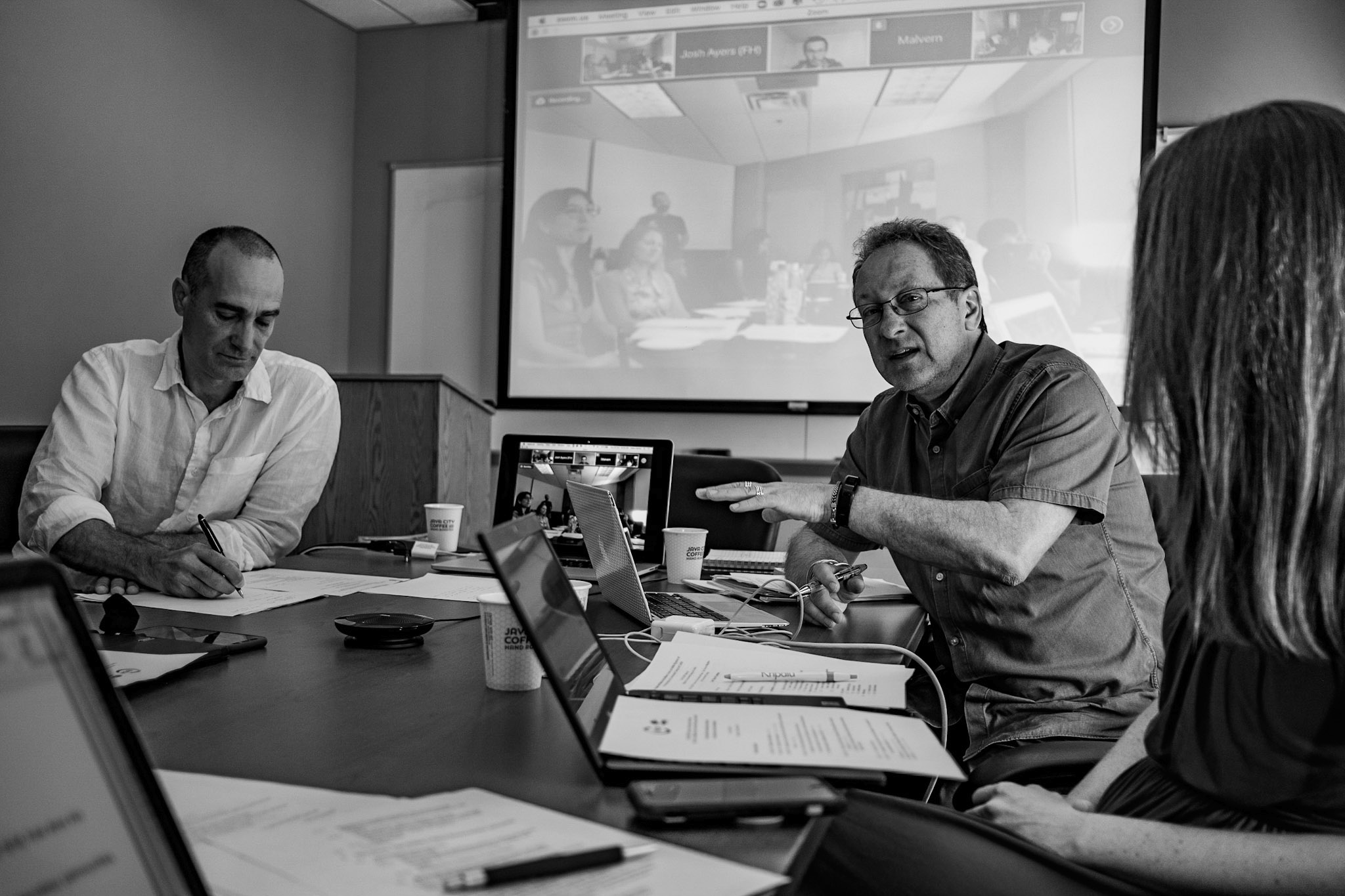 Task Force Co-Chairs, Galeo Saintz and Richard Matthew, with Zoom participants in background at TF workshop
Photo: Jason Houston
Task Force Co-Chairs, Galeo Saintz and Richard Matthew, with Zoom participants in background at TF workshop
Photo: Jason Houston
Task Force Co-Chairs, Galeo Saintz and Richard Matthew, with Zoom participants in background at TF workshop (Photo credit: Jason Houston).
In preparation for a 2020 World Conservation Congress launch of the Task Force report, a number of the members convened in advance of the Oct 2019 Environmental Peacebuilding Conference, to hold a 1-day workshop. This workshop debated the concepts of migration, nature based solutions, and the need for the inclusion of political economy in highlighting the complex intersection at play in migration dynamics. The workshop delivered a revised draft outline of the Task Force report (see Meeting Minutes here).
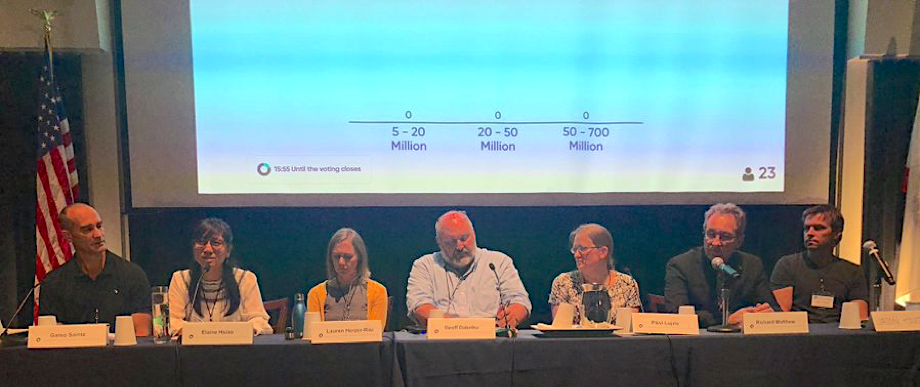 %3Cp%3E%E2%80%9CEnvironmental%20Change%2C%20Migration%20and%20Conflict%E2%80%9D%20panel%3C%2Fp%3E%0A
Photo: Doug Weir
%3Cp%3E%E2%80%9CEnvironmental%20Change%2C%20Migration%20and%20Conflict%E2%80%9D%20panel%3C%2Fp%3E%0A
Photo: Doug Weir
During the EnPax conference, Galeo and Elaine co-moderated a panel on “Environmental Change, Migration and Conflict,” featuring Task Force Co-Chair Richard Matthew (UC Irvine), Lauren Herzer-Risi (Wilson Center), Geoffrey Dabelko (Ohio University), Païvi Lujala (University of Oulu) and Jason Houston (ILCP).
Upcoming Activities and Conferences
The Task Force has submitted successful session proposals for:
a) 11th World Wilderness Congress (Jaipur, March 2020)
Session Title: Transforming the Narrative
This session raises the issues and opportunities for storytelling and communications to transform fear and scarcity-driven narratives around environmental change, migration and conflict towards more hopeful, informed and constructive engagements and integration.
b) World Conservation Congress (Marseille, June 2020)
Session Title: Planet on the Move - Ecosystem Solutions for Migration and Biodiversity Conflict Mitigation in Times of Humanitarian Crisis
This session will workshop the TF report and its findings and recommendations. It is being organized in partnership with the IUCN Bangladesh office, bringing a number of case studies from the ground (e.g., refugee-elephant conflict at Cox’s Bazar).
How to get involved….
Call for contributions of Nature Based and Other Solutions
Contributions are invited from conservation or other projects, to share experiences and examples that illustrate nature based or other solutions addressing various aspects of the migration pathways, including prevention and planning. Projects need not have a focus on migration to offer valuable lessons for dealing with or addressing migration related challenges linked to conservation, environmental change and conflict. Submissions are open until 20 February 2020. Submit your project examples or nature based solutions here.
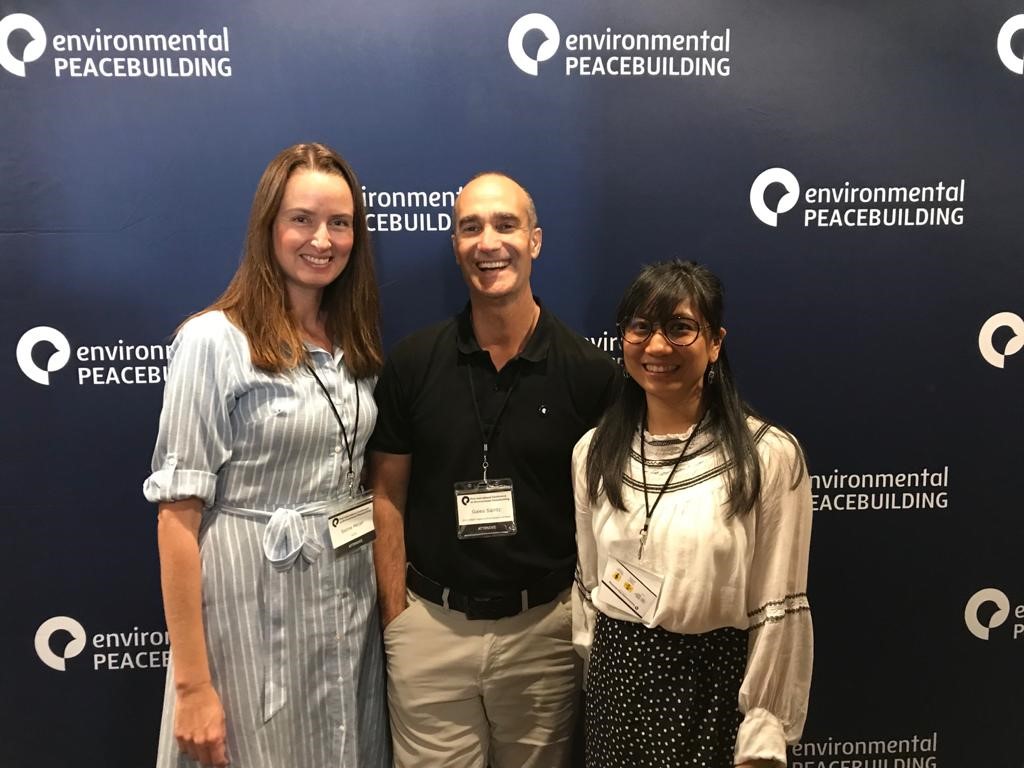 Seline Meijer, Oficial de Programas de la UICN y miembro del Grupo de Trabajo, Seline Meijer, con los copresidentes del Tema sobre Medio Ambiente y Paz de la CPAES de la UICN, Galeo Saintz y Elaine (Lan Yin) Hsiao, en la Conferencia de Construcción de Paz Ambiental en octubre de 2019
Photo: Cate Owren
Seline Meijer, Oficial de Programas de la UICN y miembro del Grupo de Trabajo, Seline Meijer, con los copresidentes del Tema sobre Medio Ambiente y Paz de la CPAES de la UICN, Galeo Saintz y Elaine (Lan Yin) Hsiao, en la Conferencia de Construcción de Paz Ambiental en octubre de 2019
Photo: Cate Owren
IUCN Programme Officer Social Science and TF member Seline Meijer with IUCN CEESP Theme on Environment and Peace Co-Chairs, Galeo Saintz and Elaine (Lan Yin) Hsiao, at the Environmental Peacebuilding Conference in October 2019. (Photo Credit: Cate Owren).
Call for Peer Reviewers
The Task Force is also looking for peer reviewers for the report, with the review anticipated to take place April-May 2020. Please contact Elaine (Lan Yin) Hsiao and Galeo Saintz if you are available to assist with this!
